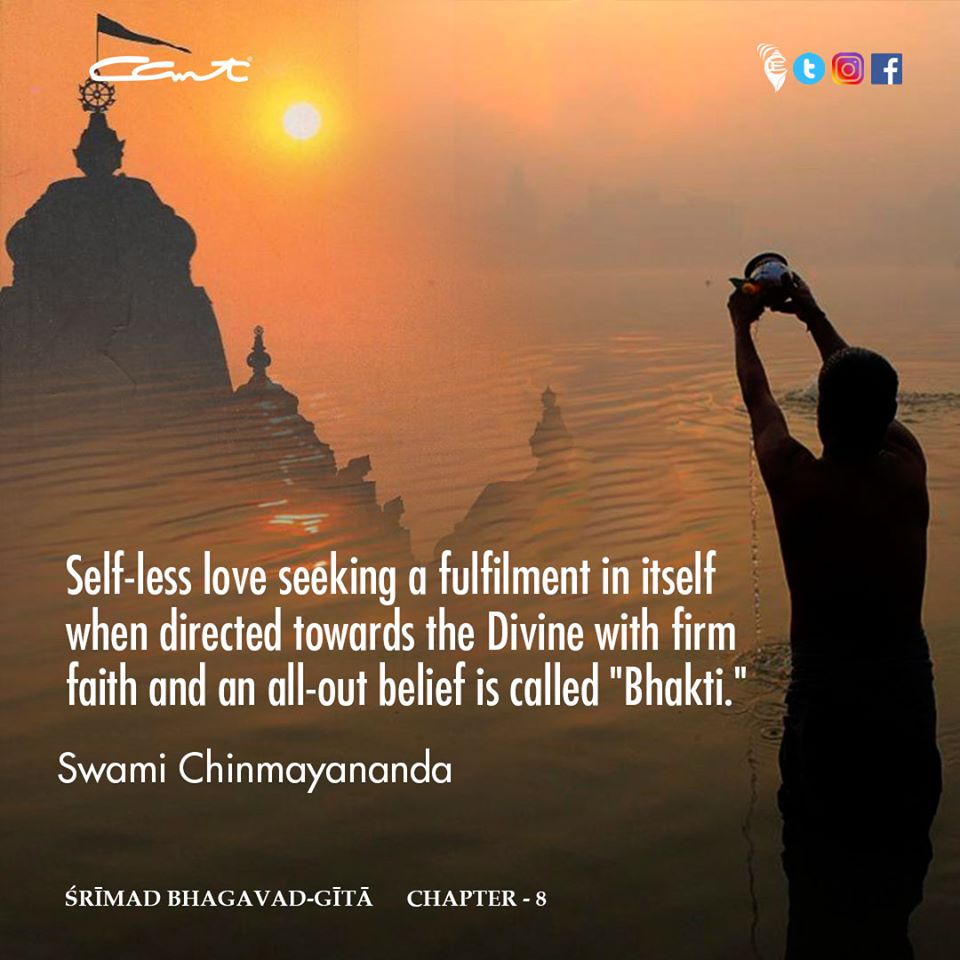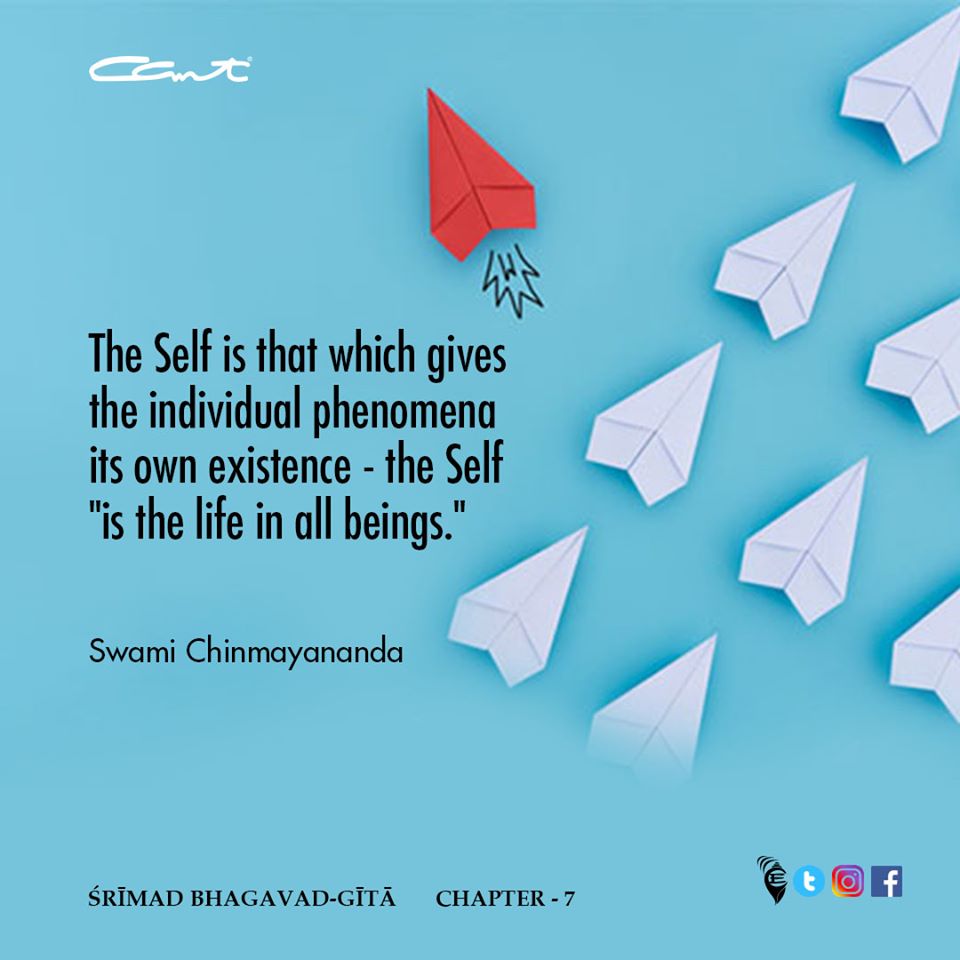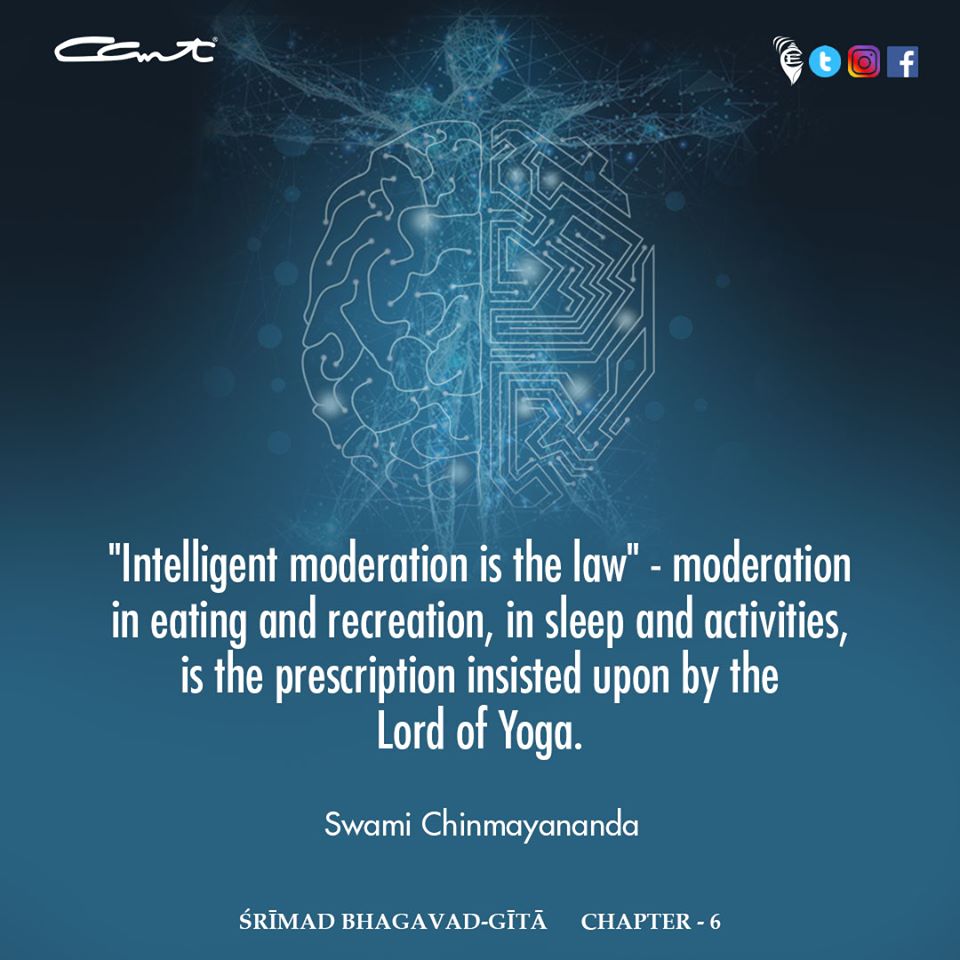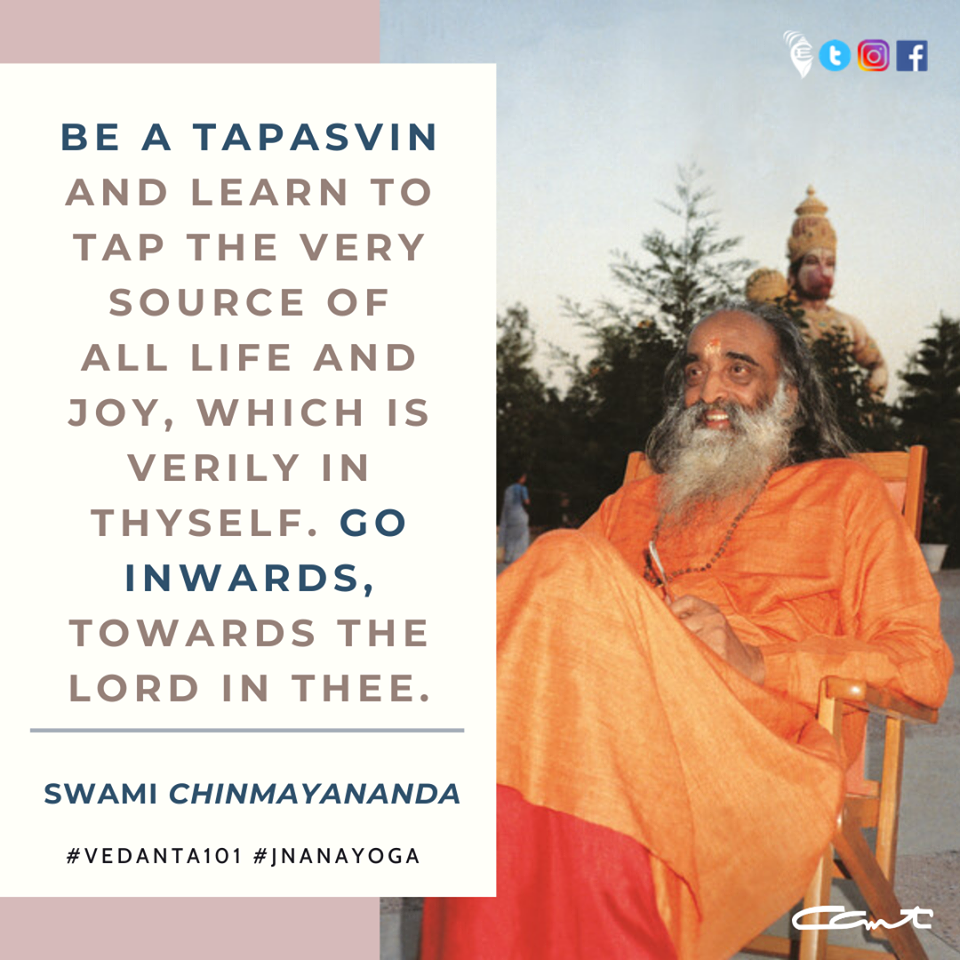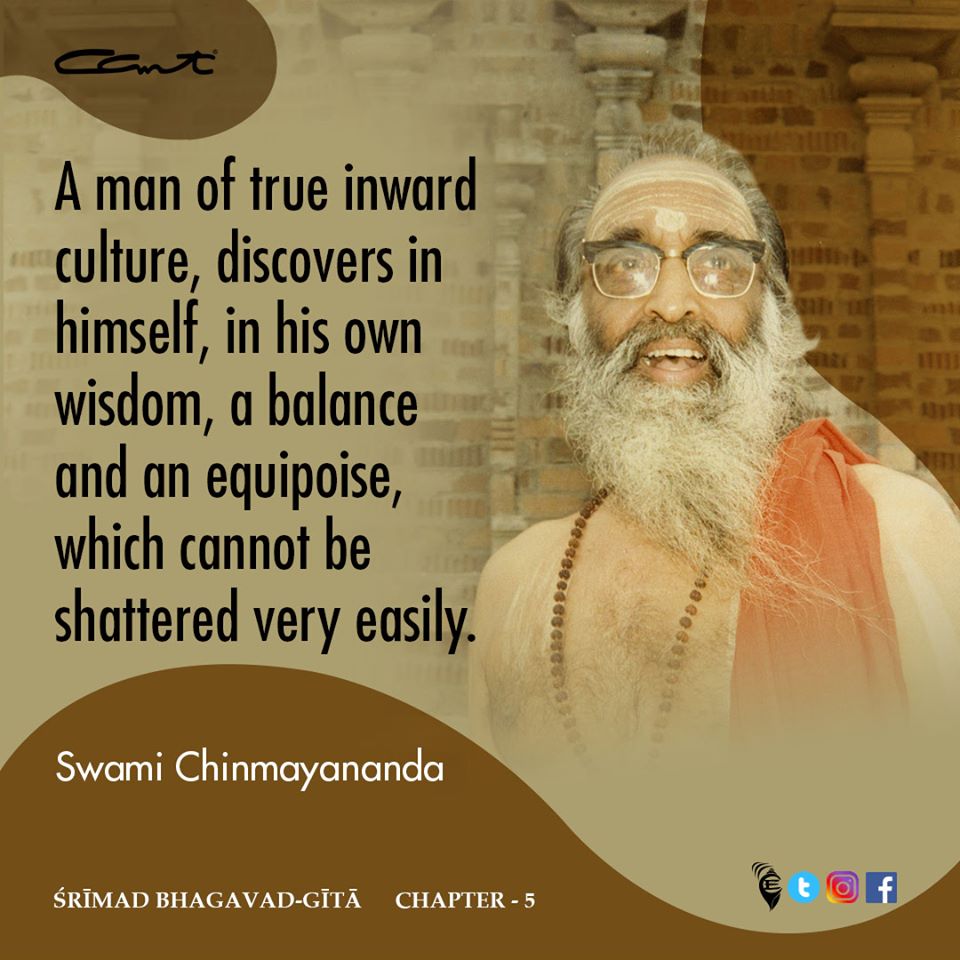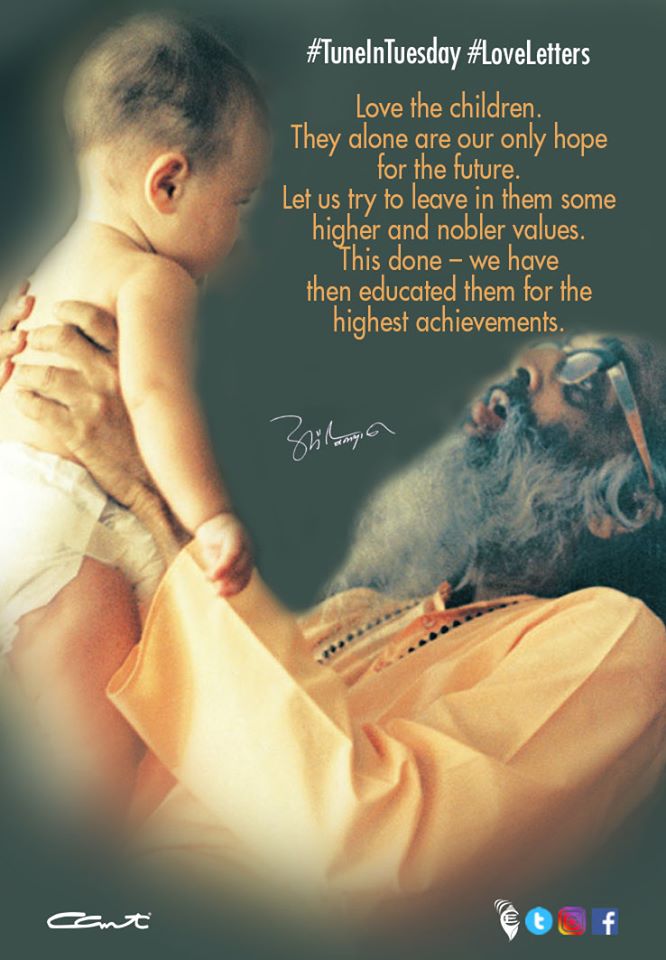The Philosophy of the Karma Yoga of the Bhagavad Gita - 9 : Swami Krishnananda

======================================================================== ======================================================================== 01/12/2019. (Spoken on July 15, 1979.) 9. ======================================================================== Hence, again we come to the point of the Bhagavadgita concerning the freedom that we have to attain in respect of our own personal predilections, a fact that has been emphasised in the verse that we have been studying : nirmanamoha jitasabgadosha adhyatmanitya vinivrittakamah, dvandvair vimuktah sukhaduhakhasanjbair gacchhanty amudhah padam avyayam tat (B.G. 15.5). Srimad Bhagavad Gita : Chapter-15. Slokam-5. "Nirmana-moha jita-sanga-dosha adhyatma-nitya vinivritta-kamah dvandvair vimuktah sukha-duhkha-sanjnair gachchhanty amudhah padam avyayam ta" nih—free from; mana—vanity; mohah—delusion; jita—having overcome; sanga—attachment; doshah—evils; adhyatma-nityah—dwelling constantly in the self ...



